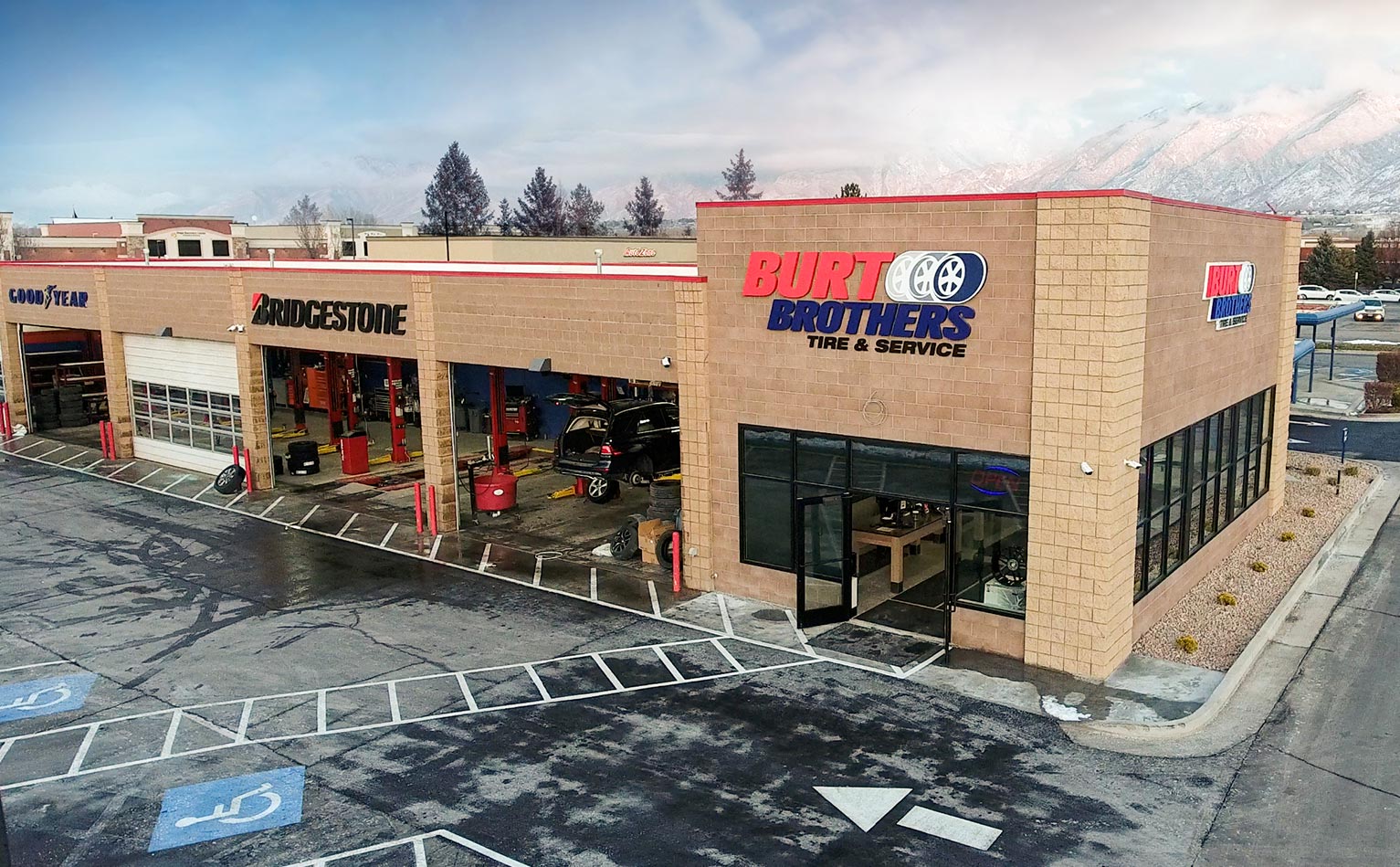Discover Tire Excellence at Morris Tire: Your Secret to Optimal Efficiency
Discover Tire Excellence at Morris Tire: Your Secret to Optimal Efficiency
Blog Article
The Ecological Benefits of Proper Tire Maintenance
Keeping appropriate tire treatment is often neglected, yet its influence on the environment is extensive. From minimizing fuel consumption to reducing exhausts result, the benefits are far-ranging. Correct tire upkeep not just expands the life-span of tires however additionally reduces land fill waste and adds to boosted air high quality. The interconnectedness of these advantages highlights the important function that straightforward upkeep practices can play in promoting ecological sustainability.
Reduced Gas Consumption
Improving tire upkeep practices can lead to a considerable reduction in gas consumption for cars. According to the United State Division of Power, underinflated tires can decrease gas mileage by 0.2% for every 1 psi decline in pressure in all four tires.
Along with tire stress, normal tire turnings and alignments also play a crucial function in gas effectiveness. Erratically worn tires can enhance fuel intake as the engine works harder to preserve speed and traction. By keeping correct positioning and turning tires at recommended periods, vehicle drivers can make sure also lengthen the life and wear of their tires, eventually conserving fuel and lowering their carbon impact.
Extended Tire Life Expectancy
Extending the life-span of tires is an essential element of reliable automobile upkeep methods that can produce cost savings and ecological benefits over time. By correctly preserving tires, chauffeurs can dramatically extend their usability, decreasing the frequency at which new tires require to be made and old ones taken care of. This not just preserves useful sources yet likewise reduces the energy and emissions related to tire production and disposal processes.
Regularly checking tire stress, turning tires, and guaranteeing appropriate alignment are important action in expanding tire lifespan. Adequate tread depth is important for optimal traction and safety, however it likewise plays a function in how much time tires can be used before requiring substitute. Furthermore, preventing aggressive driving habits that increase tire wear, such as harsh braking and sharp turns, can further boost tire longevity.
Ultimately, increasing the durability of tires with proactive upkeep not just profits the atmosphere by lowering waste and conserving resources but additionally causes set you back savings for automobile proprietors by delaying the requirement for new tire acquisitions.
Reduced Discharges Output
Reliable tire maintenance techniques contribute to a reduction in discharges output, lining up with environmental sustainability objectives in the automotive market. By keeping ideal tire stress degrees, chauffeurs can help reduce these adverse environmental impacts.
Furthermore, well-maintained tires also enhance grip and lower rolling resistance, further enhancing gas effectiveness. This, in turn, lowers the amount of exhaust gases launched right into the atmosphere. In addition, guaranteeing tires are correctly blown up and lined up can extend the life-span of the tires, minimizing the regularity of tire substitutes and the linked environmental prices of tire manufacturing and disposal.

Reduced Landfill Waste
Offered the positive effect of appropriate tire upkeep on decreasing emissions output, an additional significant environmental benefit is the possibility for lowered landfill waste. By tire tracks morris il guaranteeing that tires are appropriately blown up, straightened, well balanced, and rotated routinely, their life-span can be dramatically prolonged.

Improved Air High Quality
Enhancing air top quality via appropriate tire maintenance methods is a crucial element of sustainable ecological stewardship. When tires are underinflated, they create a lot more moving resistance, bring about boosted fuel usage and higher emissions of dangerous contaminants such as carbon monoxide and nitrogen oxides. Properly filled with air tires not only improve gas effectiveness however also reduce the quantity of contaminants released right into the air.
Furthermore, properly maintained tires with appropriate walk depth and positioning add to more secure motoring conditions, reducing the likelihood of crashes that can cause the release of extra toxins into the ambience. By extending the life expectancy of tires through routine maintenance and rotation, fewer tires are disposed of too soon, lowering the environmental influence of tire disposal and production procedures.
Verdict
In final thought, correct tire upkeep provides many environmental advantages. By lowering fuel consumption, prolonging tire lifespan, reducing emissions outcome, reducing landfill waste, and improving air quality, people can add to a healthier planet. These initiatives not only benefit the atmosphere however also aid to conserve sources and minimize general environmental influence. It is vital for people to prioritize tire maintenance as a straightforward yet efficient method to safeguard the atmosphere for future generations.
Appropriate tire maintenance not only extends the life-span of tires yet additionally decreases land fill waste and adds to boosted air high quality - morris tire service. By preserving proper positioning and revolving tires at recommended periods, vehicle drivers can make sure even wear and lengthen the life of their tires, eventually saving gas and decreasing their carbon impact
By effectively keeping tires, motorists can significantly prolong their use, minimizing the regularity at which new tires need to be manufactured and old ones disposed of.Routinely examining tire pressure, rotating tires, and guaranteeing correct positioning are necessary steps in prolonging tire lifespan. Additionally, making sure tires are properly inflated and straightened can extend the life-span of the tires, lowering the frequency of tire replacements and the linked environmental costs of tire manufacturing and disposal.
Report this page